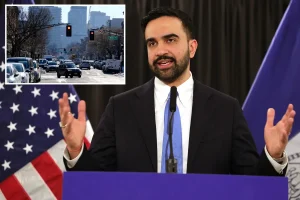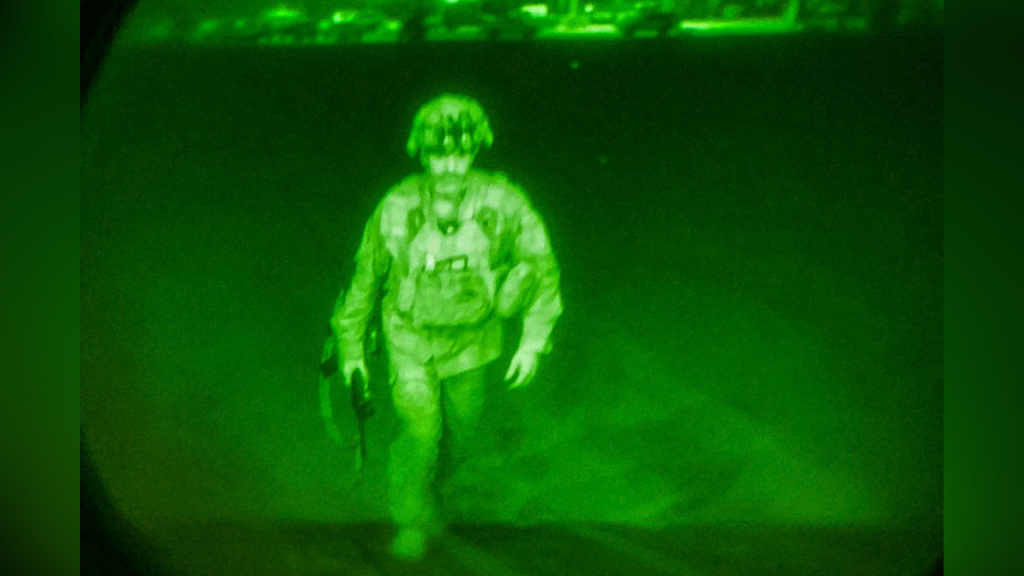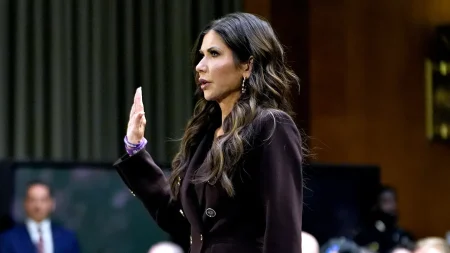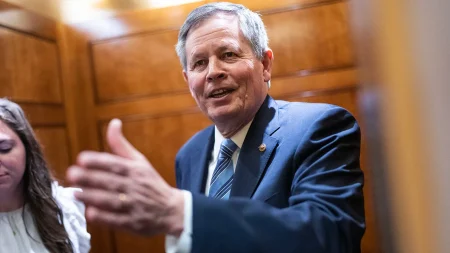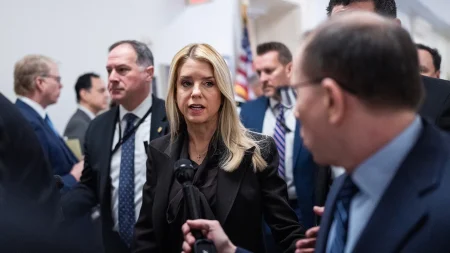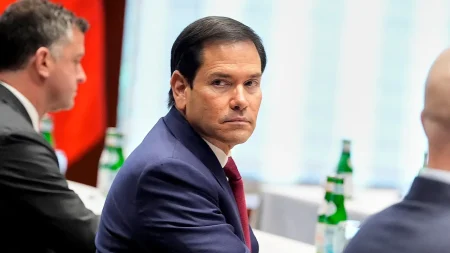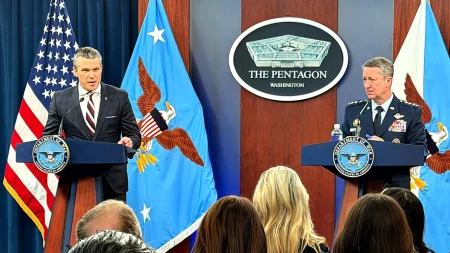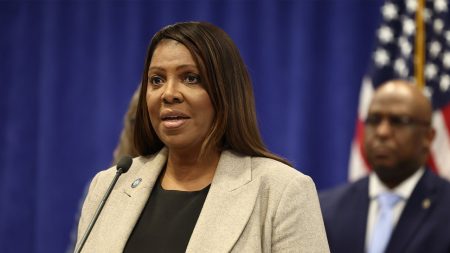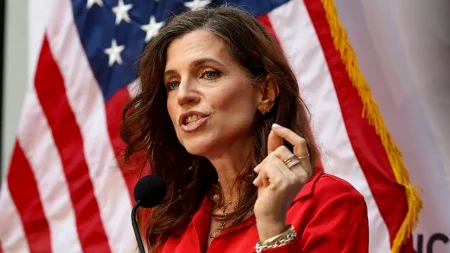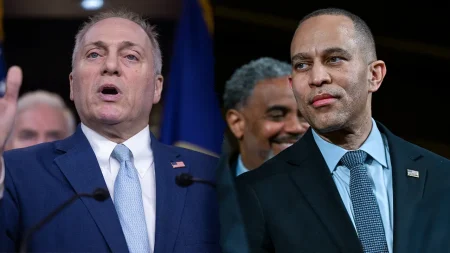Lt. Gen. Christopher Donahue, famously recognized as the last American soldier to leave Kabul, Afghanistan, has accepted a significant promotion following his quiet confirmation by the Senate. Initially overlooked amid a larger batch of military promotions approved just before the Thanksgiving recess, Donahue is set to lead U.S. Army forces in Europe and Africa. His nomination to four-star general was put on hold due to the actions of a single senator, showcasing the complex interplay of political and military considerations behind such confirmations. The GOP senator in question, Markwayne Mullin from Oklahoma, reportedly held up the process, expressing stern criticism regarding the Biden administration’s management of the chaotic withdrawal from Afghanistan in August 2021.
Mullin’s objection stems from the tragic events surrounding the withdrawal, particularly the suicide bombing at Hamid Karzai International Airport that resulted in the deaths of 13 U.S. service members and approximately 170 Afghan civilians. During that tumultuous time, Donahue was in command of the 82nd Airborne Division, tasked with securing the airport amidst an unfolding disaster as the Taliban took control of Afghanistan. In his statements, Mullin held senior military and government officials responsible for the withdrawal’s catastrophic aspects, including Donahue, asserting that accountability was still lacking even three years after the incident.
As the political atmosphere intensified, perspectives within the Republican party diverged, with former Defense Secretary Mark Esper advocating for Donahue. In his defense, Esper pointed out that the responsibility for the withdrawal ultimately lay with the White House, not the armed forces who were executing orders. This perspective contrasts sharply with certain Republican sentiments during the Trump administration, where promises included holding military leaders accountable for the Afghanistan pullout, even as Donahue’s name was not prominently featured in such discussions. The political narrative surrounding Donahue illustrates broader tensions regarding military leadership and accountability in foreign policy decisions.
Despite the initial hold on his nomination, the Senate reached a consensus and confirmed Donahue’s promotion to the commander of U.S. Army Europe-Africa. The decision came following the dropping of the procedural block and marks a significant career milestone for Donahue, who has held various high-profile military roles since taking charge of the 18th Airborne Corps last year. His operational experience covers critical roles, including leading the Special Operations Joint Task Force Afghanistan and serving as the deputy director for special operations and counterterrorism on the Joint Chiefs of Staff. This breadth of experience has positioned him as a key figure in the military’s strategic operations in both Europe and Africa.
Donahue’s promotion carries considerable weight in light of his past command during one of the most controversial moments in recent U.S. military history. His leadership during the withdrawal has been scrutinized, scrutinized not just by political figures but by the American public as well. As Donahue transitions to his new role, he will likely face the challenge of rebuilding trust and confidence in U.S. military operations overseas while also navigating the evolving geopolitical landscape. His ability to respond to criticism and position the Army effectively in Europe and Africa will be critical in shaping regional stability.
In conclusion, Lt. Gen. Christopher Donahue’s confirmation as the leader of U.S. Army forces in Europe and Africa marks a pivotal moment in military leadership. As he transitions from his role in Afghanistan during the tumultuous withdrawal, he must confront the complex legacy of that operation while working toward forging new strategies for the U.S. Army. The interplay of politics and military leadership remains a central theme in his narrative, showcasing the pressures faced by military leaders amidst shifting political tides and the need for accountability in controversial military actions. With a robust portfolio of experience, Donahue is poised to tackle the challenges ahead, though the shadow of past events will likely influence his path moving forward.
